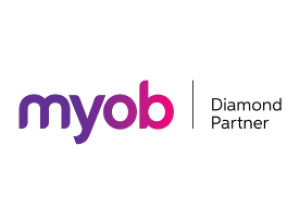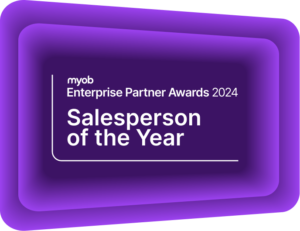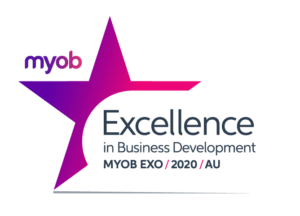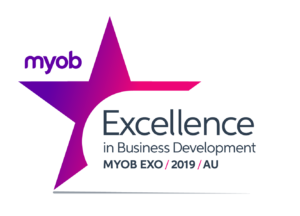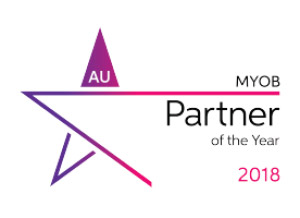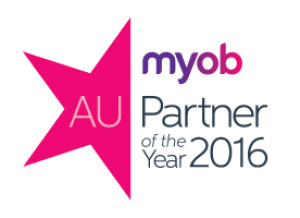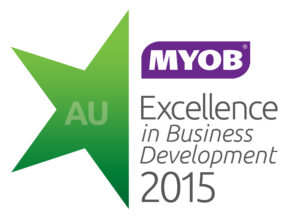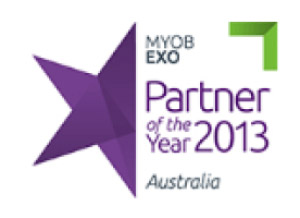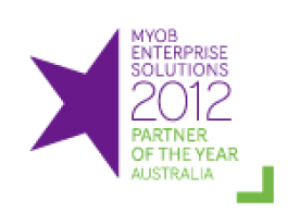Comparing ERP Packages: SAP Business One
Comparing MYOB Exo with SAP Business OneSAP Business One is an integrated, web and cloud-based business enterprise solution designed for sales, finance and operations.
The Pros: What SAP Business One does well
- Brand has longevity and significant international presence
- The product is mature and of high quality
- Large number of users worldwide with comprehensive local support
- Effortless user experience
- Significant resources are available to support and develop the product
- Large network of software solution partners
- Product can scale as business grows by upgrading to SAP Business by Design and SAP Business All In One
- Integrated solution covering a range of services including sales, CRM, finance, purchasing, operations, inventory, distribution and reporting
- CRM integrates with Microsoft Outlook and tracks customers from initial contact through to warranty claims
- Information and reports are available in real-time
- Can be deployed either on-premise or in the cloud
- Access to some functionality is available on the SAP Business One mobile application
- Can run on either SAP HANA or Microsoft SQL Server platforms
- Supports 27 languages and 41 country-specific versions
- Online help function is contextual
- Key accounting processes are automated
- Inventory levels can be synchronised in real-time with goods receipts
- Reporting can be customised for a range of settings
- Workflow-based alerts
The Cons: Where SAP Business One could do better:
- May be expensive, timely and complex to implement
- Australia-specific financial and reporting functionality may be lacking and changes not implemented quickly
- Crystal reports may be too complex for some users to use effectively
- Multi-currency transactions are only supported through SAP HANA.
- Microsoft SQL version is really only designed for US companies
- Inventory management and finance modules are rich in functionality but can be difficult to navigate and use
SAP Business One is suited to:
- Small and medium businesses or subsidiaries of larger companies in a range of industries including construction, engineering, FMCG, food and beverage, healthcare, information technology, manufacturing, primary industries, telecommunications and not-for-profit

